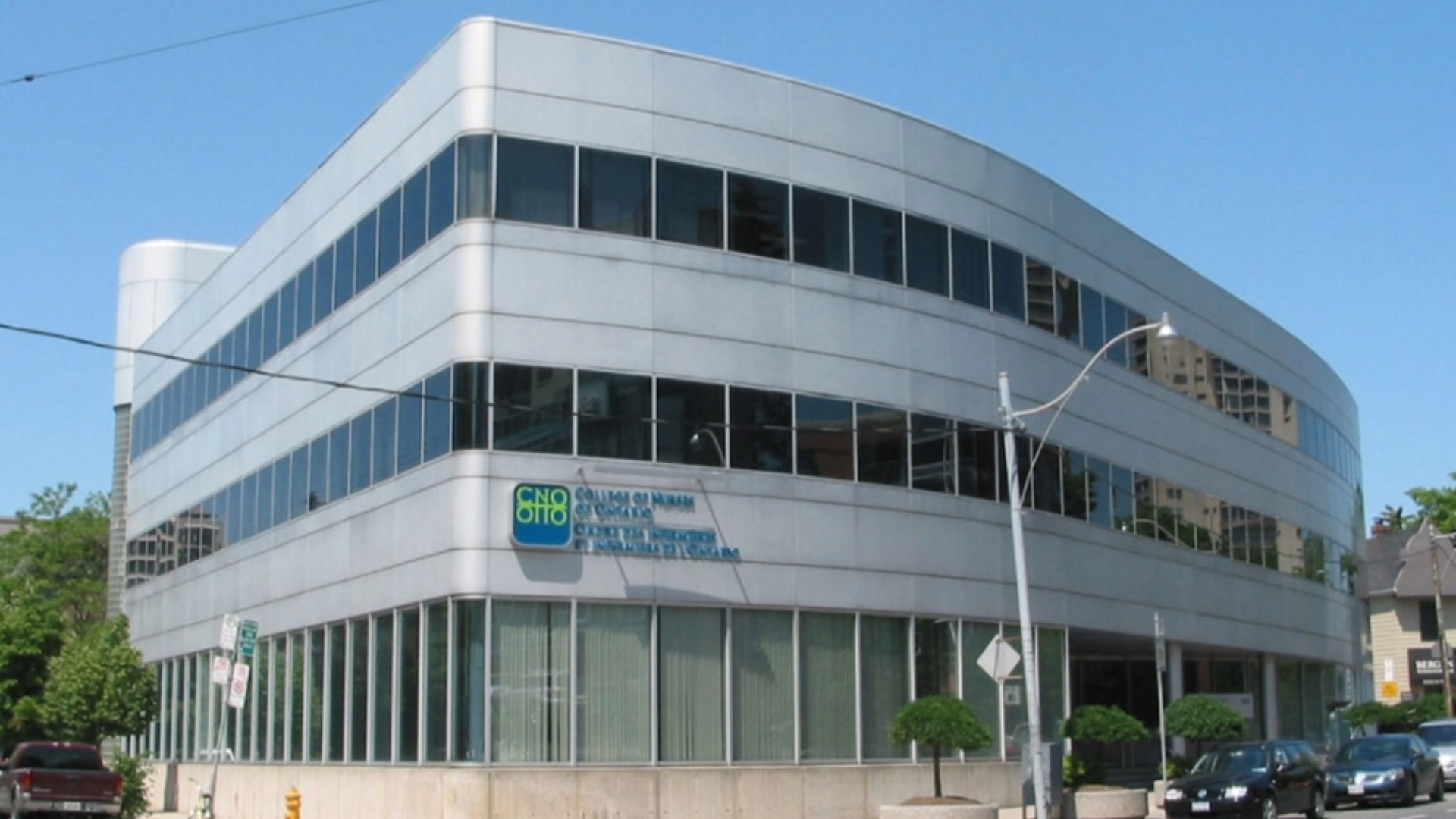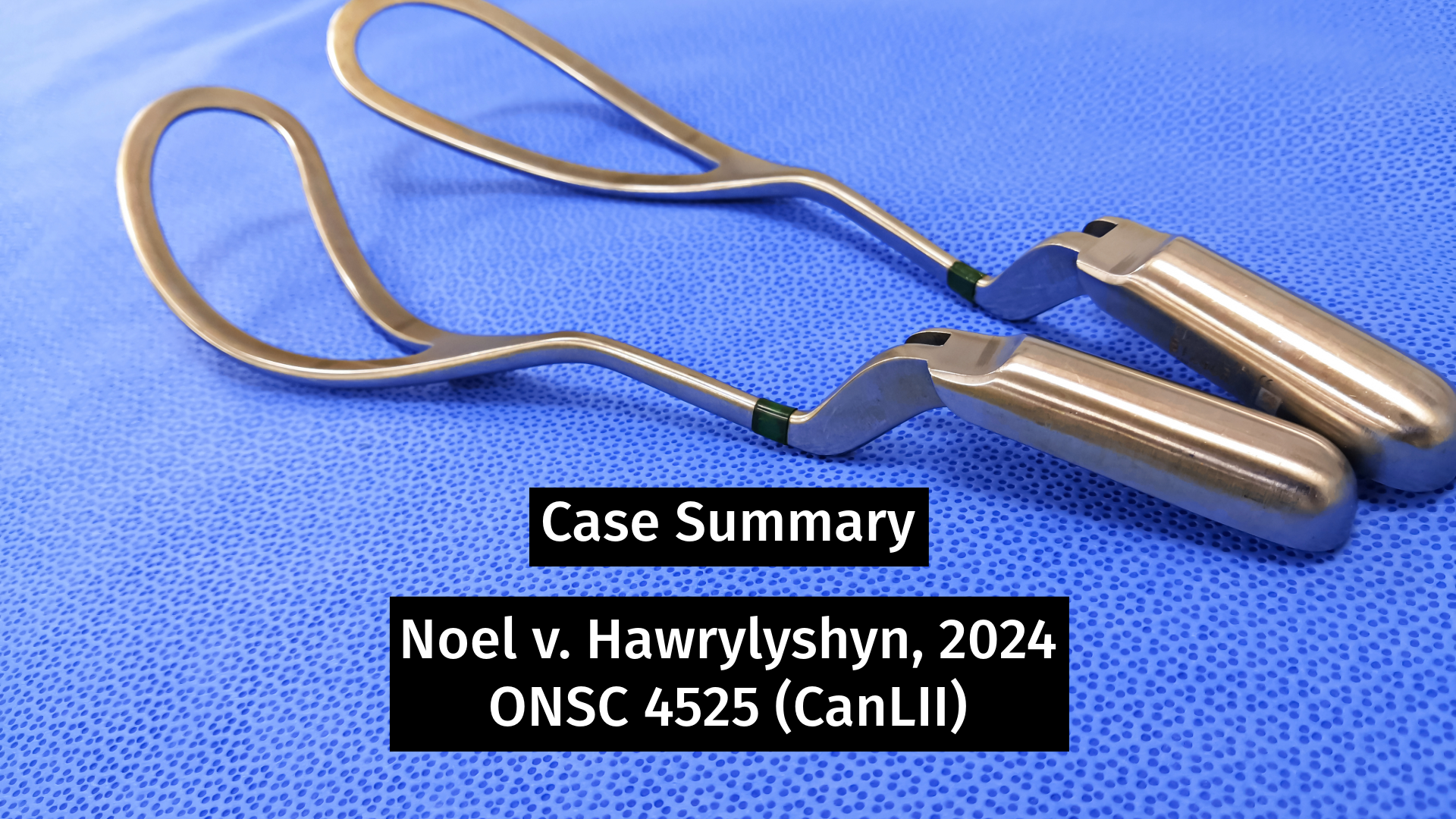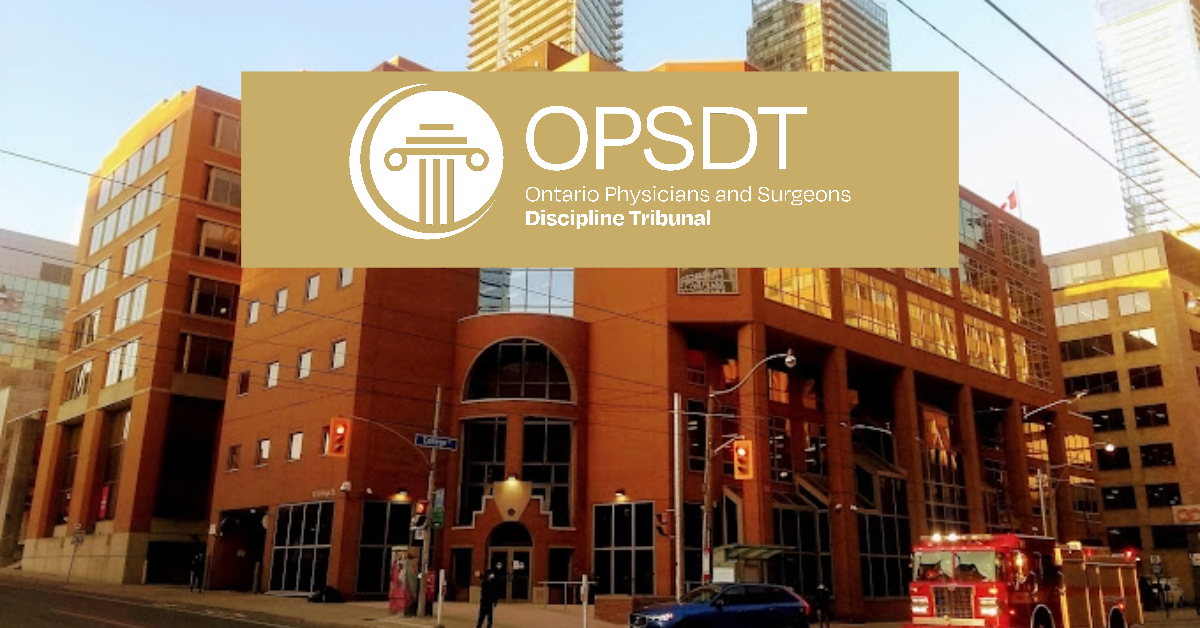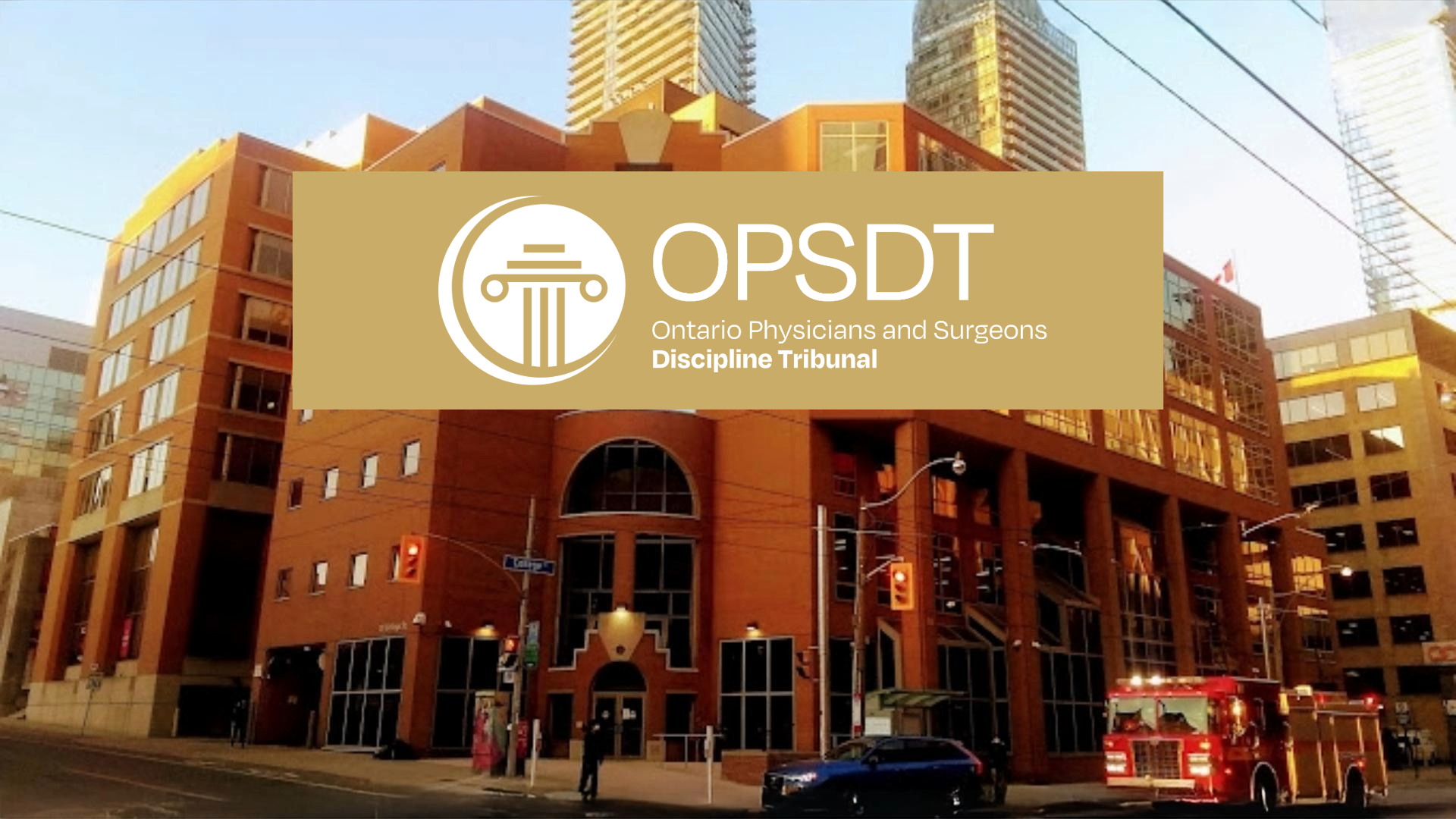
Nurse Alters Morphine Record, Patient Dies: CNO Orders Permanent Resignation
A Profound Breach of Trust in End-of-Life Care In CNO v. Lindsey Coyle, the Discipline Committee of the College of Nurses of Ontario addressed one

On August 15, 2024, a birth injury medical malpractice lawsuit was dismissed in the Ontario Superior Court of Justice.
The Plaintiffs alleged birth trauma resulting in neurodevelopmental limitations due to a lack of informed consent with respect to the use of forceps and vacuum to expedite the birth of the child. The Plaintiffs further alleged negligence with respect to the timeliness of a C-section while the fetus was in distress.
After a 17 day trial, Justice Robert Centa dismissed the medical malpractice claim finding no liability on the part of the physicians involved in the mother’s labour and delivery.
On June 11, 2005, Ms. Noel went into labour and went to Mount Sinai Hospital in Toronto.
At 1840h, after labouring for the day, the expectant mother’s cervix was fully dilated, and she began to push.
The important sequence of events were as follows:
Dr. Neal Shone is an obstetrician and gynecologist and was qualified to give opinion evidence on the standard of care to be met by the Defendant obstetricians and gynecologists.
Dr. Shone is a member of both the Society of Obstetricians and Gynecologists of Canada and the American College of Obstetricians and Gynecologists. Dr. Shone obtained his medical degree and rotational internship in South Africa. In 1991, Dr. Shone moved to Canada where he practiced as a primary care obstetrician. From 1998 to 2002, Dr. Shone competed his residency in Obstetrics and Gynecology at the Foothills Hospital at the University of Calgary. Dr. Shone currently works at Abbotsford Regional Hospital, a regional referral centre with a level 2 nursery, where he has regularly served as Department Head of Obstetrics.
Dr. Michael Marrin is a neonatologist and was qualified to give opinion evidence within the scope of his specialty.
Dr. Marrin has been on the faculty at McMaster University since 1986. He has practised as a neonatologist for 37 years and has served as the clinical director of the Neonatal Intensive Care Unit at the McMaster Children’s Hospital. In his clinical role, Dr. Marrin focused on the care of newborns who were ill or born before term. He would occasionally provide care to newborns with complex cases for about a year, although typically the neonatal care spanned only the first month of life. Dr. Marrin’s clinical role included examining the potential causes of illness and the potential outcome of those illnesses.
Dr. Wayne Langburt was qualified as an expert in pediatric neurology and pediatric epilepsy to provide opinion evidence on the child’s neurological status and the cause of his neuropsychological injuries and impairments.
Dr. Langburt received his medical degree from McGill University in 1991. He subsequently completed a residency in pediatrics at the University of Chicago, a fellowship in child neurology and pediatric neurology at the Cleveland Clinic and then a further fellowship in epilepsy at the Hospital for Sick Children. In his clinical role, he assesses and treats children with neurologic disorders, which includes reviewing children’s prenatal and birth history to determine the cause of their neurological impairments. In addition, Dr. Langburt lectures on various issues, including mild traumatic brain injury, epilepsy, developmental disorders, the use of anti-epileptic medications and general head injuries experienced by children.
Dr. Carolyn Lemsky was qualified as an expert neuropsychologist with a practice in neuropsychology and rehabilitation psychology. She graduated in 1993 from the Illinois Institute of Technology with a doctoral degree in clinical psychology. She is a member of the College of Psychologists of Ontario and is certified by the American Board of Clinical Neuropsychology. Dr. Lemsky is an assistant professor in the department of psychiatry at the University of Toronto.
Dr. Gregory Davies was qualified as an expert in the field of obstetrics and gynecology to provide opinion evidence within the scope of obstetrical care and to provide an opinion on the standard of care and the causation of the newborn’s physical injuries
Dr. Davies is Professor Emeritus, Division of Maternal-Fetal Medicine at Queen’s University, where he has held a position since 1996. He has held positions at Kingston General Hospital, a tertiary care centre similar to Mount Sinai hospital, since 1996 and continues to provide general obstetrics and gynecology and maternal-fetal medicine services on a part-time basis. Dr. Davies has published extensively about antepartum, intrapartum, and postpartum health issues. He has held many administrative and clinical positions over his career including as director of the fetal assessment unit for 23 years and director of labour and delivery for three years. For two years, Dr. Davies sat on the Society of Obstetricians and Gynecologists of Canada obstetrical care review committee. This committee had overarching responsibility for the SOGC guidelines of the type at issue in this case. Dr. Davies was the primary author of three sets of SOGC guidelines and was either a co-author or sat on the approval committee for another 10 sets of guidelines.
Dr. Simon Levin is a pediatric neurologist. He was qualified to provide opinion evidence on the issue of causation.
Dr. Levin completed his medical degree in Rhodesia in 1974. He has held increasingly senior academic positions at McMaster University (1986 to 1997) and Western University (1997 to present), where he is currently Professor Emeritus in the faculty of medicine. For ten years, Dr. Levin was the head of the pediatric neurology section. Dr. Levin has published extensively in the area of neonatal and pediatric neurology.
The evidence of the expectant mother was that she did not want to have a vacuum or forceps delivery at any time. Her desire was to have a C-section if needed.
The obstetrician testified that between 1900h and 1910h he had a lengthy conversation with the parents about the urgency of the situation. He testified that he explained the significance of the fetal heart decelerations and that he believed that it would take too long to deliver the fetus without any intervention. He recalled that the patient initially wanted to continue pushing but he told her that choice was not appropriate in the circumstances.
Informed consent refers to a patient’s right to make an informed decision about their medical treatment. This means that a doctor must fully disclose all potential risks, benefits, and alternatives of a proposed procedure or treatment before the patient agrees to it. The patient must also be deemed competent and capable of understanding this information.
This differs from battery which relates to any unauthorized physical contact with a patient that causes harm or injury. In medical malpractice cases, this can occur when a doctor performs a procedure without the patient’s consent or outside the scope of what was agreed upon. Although seemingly the same, battery and informed consent are distinct causes of action.
The trial judge found that the patient had consented to the use of the vacuum and forceps. With respect to the allegation of informed consent, the trial judge found that Dr. Hawrylyshyn had provided sufficient information to the mother and she provided informed consent to proceed with the treatment.
With respect to the causation element of informed consent, the Court recognized that a reasonable patient would have accepted the advice of her doctor that a vacuum-assisted delivery provided the highest likelihood of the fastest delivery of the fetus that was experiencing distress. A reasonable patient would have accepted the advice of her doctor regarding the relative risks of vacuum-assisted delivery, a forceps-assisted delivery, and delivery by Caesarean section to her own body and to the fetus.
This recommended option was logical and reasonable in an urgent situation where the health of the fetus is at risk and deferring the treatment was not an option. As such, the Court found that a reasonable person would have consented to the recommended treatment even if a broader range of information had been provided.
The Plaintiffs advanced five breaches of the standard of care with respect to the labour and delivery of the mother.
However, after considering all the evidence, and preferring the testimony of the defence obstetrical expert, the trial judge found that the Plaintiffs had failed to prove that:
Despite dismissing the claim, the trial judge went on to consider the issue of causation in any event.
After reviewing all the evidence, the trial judge concluded that the Plaintiffs had not proven on a balance of probabilities that any of the neonatal injuries suffered by the child were the cause of any of his neurodevelopmental delay.
Dr. Marrin, the Plaintiffs’ expert neonatologist, testified with respect to the baby’s brain trauma and other injuries that “None of these things are good for brain development.” Dr. Langburt and Dr. Lemsky agreed.
The Court accepted that while this may be true, this evidence alone was insufficient to prove that these injuries caused the baby’s neurodevelopmental limitations. While scientific proof of causation is not required, the evidence of causation presented by the Plaintiffs was not sufficient to permit the trial judge to draw common sense inference of causation.
The claim was dismissed on all grounds.
Decision Date: August 15, 2024
Jurisdiction: Ontario Superior Court of Justice

A Profound Breach of Trust in End-of-Life Care In CNO v. Lindsey Coyle, the Discipline Committee of the College of Nurses of Ontario addressed one

What College of Physicians and Surgeons of Ontario v. Thirlwell, 2026 ONPSDT 5 Means for Patients and Public Trust In College of Physicians and Surgeons

Estate of Henders v. Lakeridge Health Oshawa, 2026 ONSC 701 In a significant decision for medical malpractice and long-term care litigation in Ontario, the Superior

What CPSO v. Faruqi Means for Patients and Physicians On January 21, 2026, the Ontario Physicians and Surgeons Discipline Tribunal released an important decision addressing